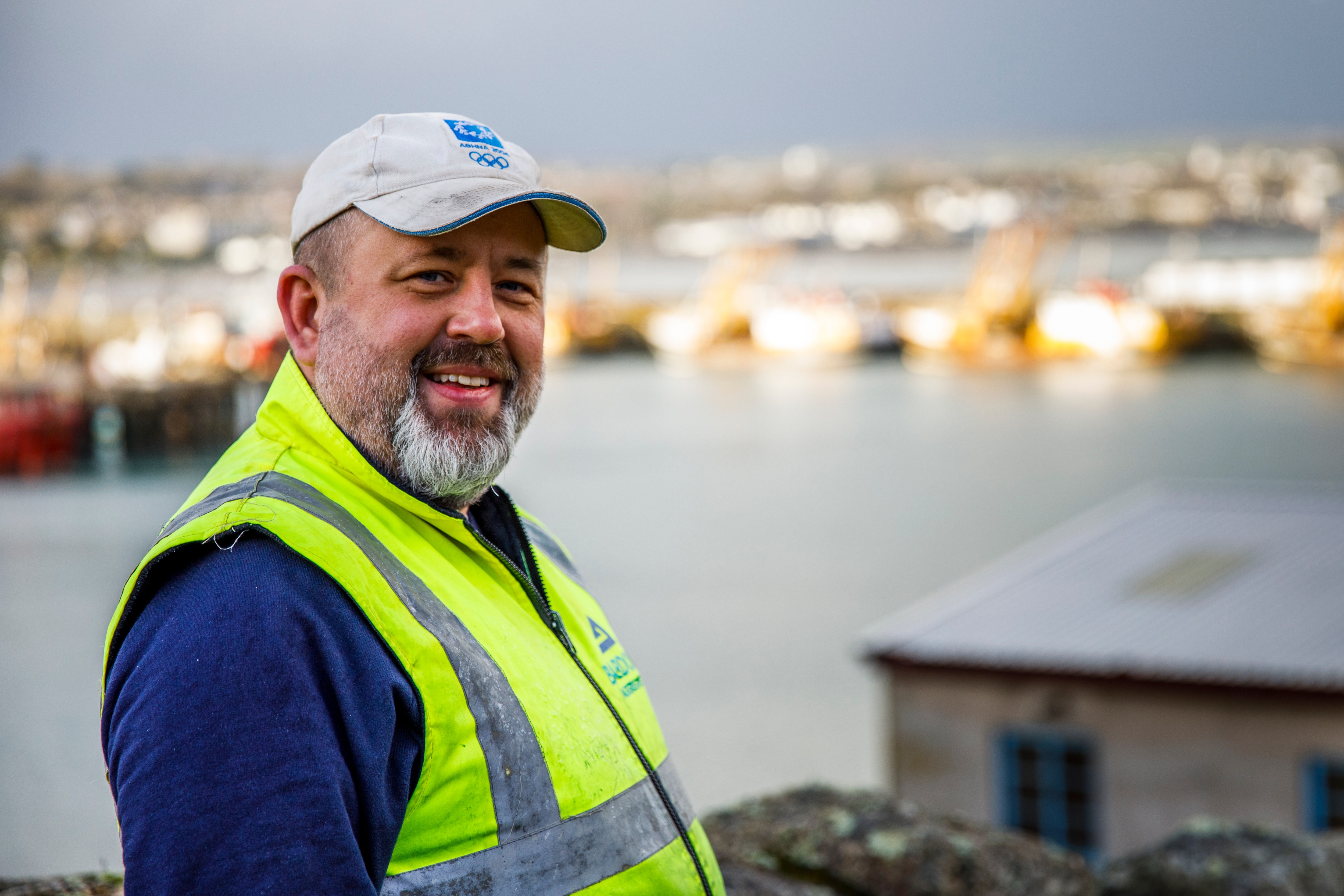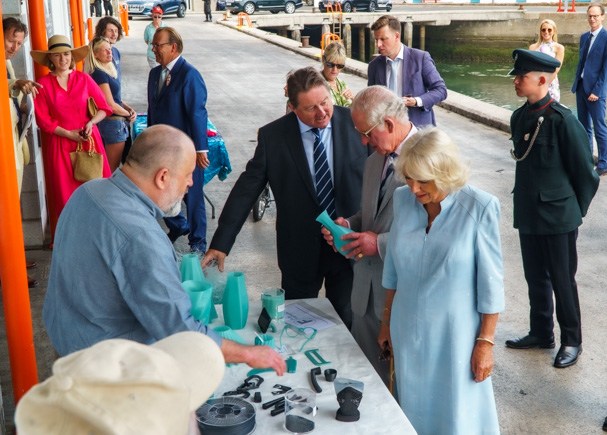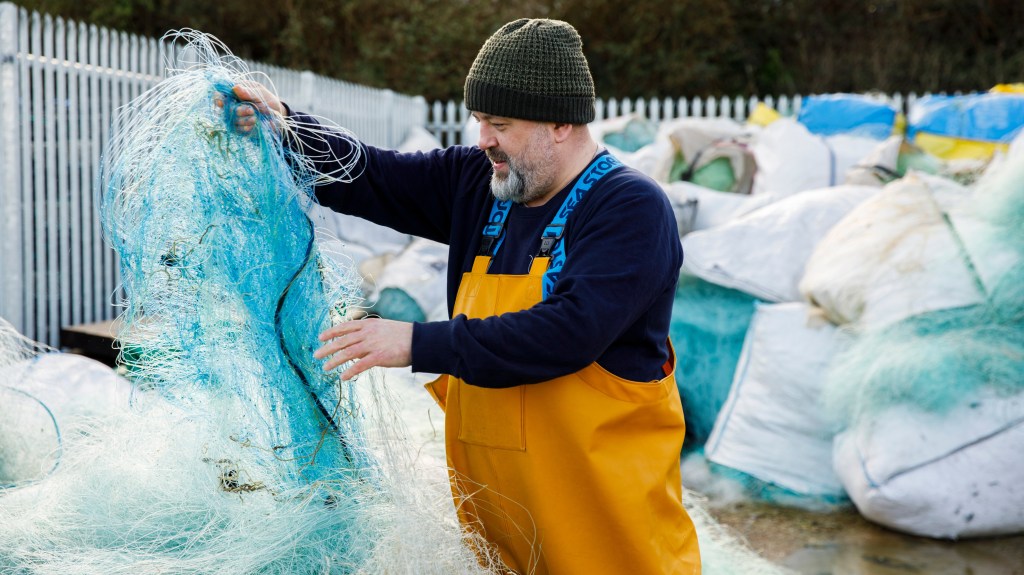Cornish Start-Up Revolutionizes Recycling of Fishing Nets for Major Manufacturers
Annually, over one million tonnes of fishing gear are abandoned in the world’s oceans, leading to the demise of marine life and coral reefs. Additionally, millions more nets are either incinerated or end up in landfills, contributing significantly to pollution due to their non-recycled nylon composition, which produces two million tonnes of CO₂ equivalent emissions each year.
A Cornish start-up, Fishy Filaments, aims to address this issue with its prototype recycling plant in Newlyn harbour, garnering interest from automotive giants such as Ford and Mercedes-Benz.
Founded in 2016, Fishy Filaments claims to have developed a unique, chemical-free process to deep-clean and recycle commercial fishing nets into “engineering-grade nylon” for 3D printing.
The company states its innovative method, which alters particle size and shape for more efficient cleaning, has minimal environmental impact, producing only dirty water and 3% net material residue. The resulting high-quality nylon is suitable for manufacturing car parts, appealing to companies aiming to lower their carbon footprints.
Ian Falconer, 50, founder and CEO of Fishy Filaments, has a background in mining and mineral processing. His journey into sustainability began after his geology degree led him to work in the oil and gas sector.

Falconer launched his first start-up in 2013, focusing on developing eco-friendly metal powders for 3D printing. After closing that business in 2016, he redirected his research towards material recycling, specifically in the fishing industry.
“Living in Cornwall, the fishing industry is a major source of waste plastics,” Falconer said. “Within weeks of deciding to use nets as a source material, I began testing with fishing nets.”
After presenting his idea at Newlyn harbour, Falconer quickly demonstrated the feasibility of transforming a net into a basic 3D printing filament, leading to a successful crowdfunding campaign for initial equipment.
Today, Fishy Filaments collaborates with the Cornish hake fleet, who donate their retired nets. Falconer and his team repurpose these nets into pellets at their pilot plant using their proprietary process.
Interest in the recycled nylon surged, with inquiries from Ford and Mercedes-Benz for test projects and from Philips Lighting, which launched a sustainable lamp line in 2022 using Fishy Filaments’ nylon. Falconer attributes this interest to the unique material entering the 3D printing market.
“No recycled nylon had ever entered the 3D printing market before, especially not from old fishing nets,” Falconer noted. “The material is clearly in demand.”
To meet this demand, Fishy Filaments is seeking funding to scale operations. The company, which has raised nearly £1 million through crowdfunding, grants, loans, and collaborations, is also expanding its customer base, including partnerships with Fillamentum, a Czech 3D filament specialist.

This month, the company launched a £100,000 crowdfunding campaign to build a commercial plant with a 20-tonne annual capacity and to develop a new nylon powder for selective laser-sintering (SLS) 3D printing, already exceeding its target.
“Our new equipment will increase capacity from around 30 kilos per day to about 30 kilos per hour,” Falconer explained.
Falconer chose crowdfunding after venture capital investors declined, asking him to return when seeking larger sums. He plans to revisit these investors once the new equipment is fully operational.
As Fishy Filaments grows, it will face competition from other recyclers for old nets. However, Falconer remains optimistic, with plans to scale input globally and reduce landfill-bound nets through automated recycling plants at harbours worldwide. He envisions these efforts as a positive environmental contribution.




Post Comment